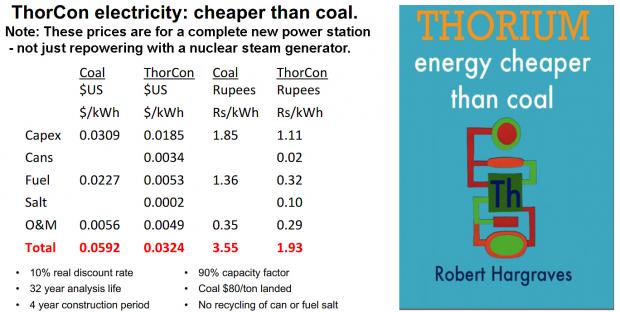
Breaking News
 The Pentagon Failed Its Audit Again. You Should Be Alarmed.
The Pentagon Failed Its Audit Again. You Should Be Alarmed.
 Cuban Crisis 2.0. What if 'Gerans' flew from Cuba?
Cuban Crisis 2.0. What if 'Gerans' flew from Cuba?
 Senate Democrats Offer Promising Ideas for Changing Immigration Enforcement
Senate Democrats Offer Promising Ideas for Changing Immigration Enforcement
 Never Seen Risk Like This Before in My Career
Never Seen Risk Like This Before in My Career
Top Tech News
 Critical Linux Warning: 800,000 Devices Are EXPOSED
Critical Linux Warning: 800,000 Devices Are EXPOSED
 'Brave New World': IVF Company's Eugenics Tool Lets Couples Pick 'Best' Baby, Di
'Brave New World': IVF Company's Eugenics Tool Lets Couples Pick 'Best' Baby, Di
 The smartphone just fired a warning shot at the camera industry.
The smartphone just fired a warning shot at the camera industry.
 A revolutionary breakthrough in dental science is changing how we fight tooth decay
A revolutionary breakthrough in dental science is changing how we fight tooth decay
 Docan Energy "Panda": 32kWh for $2,530!
Docan Energy "Panda": 32kWh for $2,530!
 Rugged phone with multi-day battery life doubles as a 1080p projector
Rugged phone with multi-day battery life doubles as a 1080p projector
 4 Sisters Invent Electric Tractor with Mom and Dad and it's Selling in 5 Countries
4 Sisters Invent Electric Tractor with Mom and Dad and it's Selling in 5 Countries
 Lab–grown LIFE takes a major step forward – as scientists use AI to create a virus never seen be
Lab–grown LIFE takes a major step forward – as scientists use AI to create a virus never seen be
 New Electric 'Donut Motor' Makes 856 HP but Weighs Just 88 Pounds
New Electric 'Donut Motor' Makes 856 HP but Weighs Just 88 Pounds
 Donut Lab Says It Cracked Solid-State Batteries. Experts Have Questions.
Donut Lab Says It Cracked Solid-State Batteries. Experts Have Questions.
Indonesia and ThorCon continue working towards thorium reactor

In 2015, three state-owned companies in Indonesia signed a memorandum of understanding with a U.S.-based firm called Martingale. They agreed to conduct a feasibility study on how Martingale's design for a thorium salt reactor it calls ThorCon could be brought to the Southeast Asian nation.
Effendi was asked to join the energy working group of the National Economic and Industry Committee, or KEIN. The committee reports to the president and helps formulate a long-term strategy for economic growth. Effendi says the committee was asked by the energy ministry to develop a nuclear roadmap that focuses on economic feasibility and takes into account new technologies. A roadmap does not mean a concrete plan is in place.
ThorCon is a liquid-fuel fission power plant, under development in the US, to be built in a far-east shipyard, then floated to Indonesia, with testing starting in 2021. It generates emission-free electric power, cheaper even than from a coal-fired plant. Its full-time electric power will improve developing nations' economies and lifestyles, while also dissuading them from burning fossil fuels which emit CO2.



